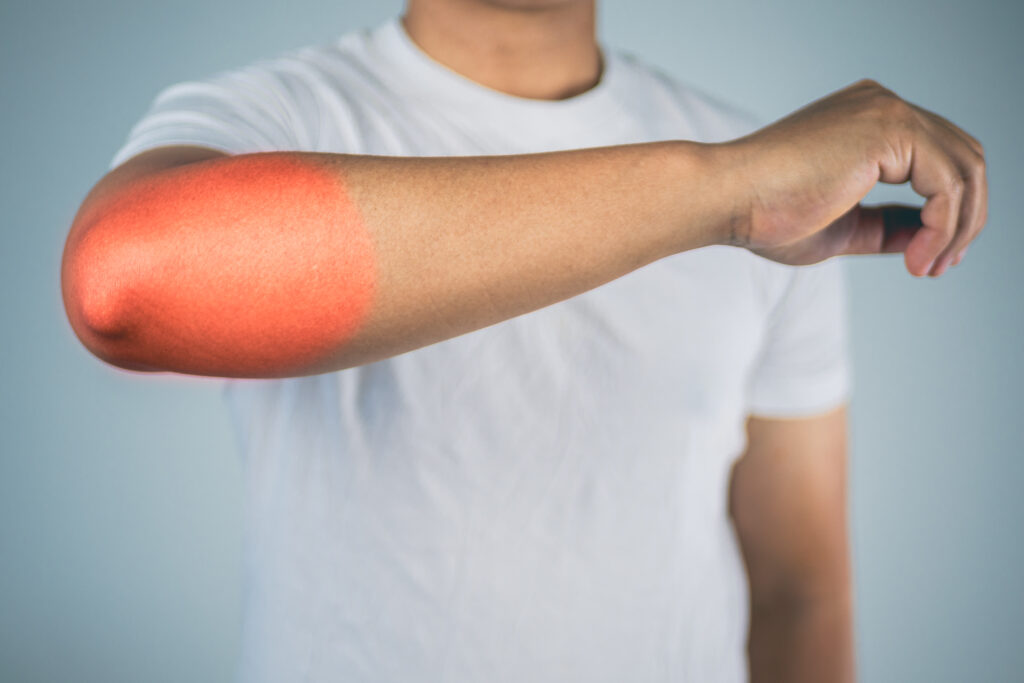When you experience a sports injury, seeking support isn't just about recovery—it's about optimizing your return to the game. You might find that personalized rehabilitation plans can markedly enhance your healing process, while expert guidance can help you avoid future injuries. Additionally, emotional support plays an essential role in your resilience during recovery. Understanding how these factors intertwine can transform your approach to healing and performance. So, what are the top reasons you should consider this support? Let's explore the key aspects that could make a difference in your athletic journey.
Accelerated Recovery Process
In an athlete's journey, the accelerated recovery process is essential for bouncing back from injuries. When you face an injury, it's critical to implement strategies that not only speed up healing but also guarantee you return to peak performance. The faster you recover, the sooner you can get back to doing what you love.
First, consider the importance of rest. It might seem counterintuitive, but allowing your body time to heal is fundamental. While you might be enthusiastic to jump back into training, pushing yourself too soon can lead to setbacks. Listen to your body and give it the time it needs.
Next, nutrition plays a significant role in your recovery. Fueling your body with the right nutrients can enhance healing. Focus on a balanced diet rich in proteins, vitamins, and minerals. Foods like lean meats, fish, fruits, and vegetables can provide your body with the tools it needs to repair itself.
Incorporating physical therapy can also accelerate your recovery process. Engaging in guided exercises helps strengthen the injured area while preventing stiffness. A skilled therapist can tailor a program that suits your condition, making sure you regain strength and flexibility safely.
Lastly, mental resilience is key. Staying positive and focused on your recovery goals can greatly impact how quickly you heal. Surround yourself with supportive teammates and coaches who encourage you through the process.
Personalized Rehabilitation Plans
A tailored approach to rehabilitation can make a significant difference in how quickly you recover from an injury.
Personalized rehabilitation plans focus on your unique needs, allowing you to regain strength, flexibility, and overall function more effectively than a generic program. When you work with a professional, they'll assess your injury, lifestyle, and specific goals to design a plan that truly supports your recovery.
Here are a few key benefits of personalized rehabilitation plans:
- Targeted Exercises: You'll engage in exercises specifically chosen to address your injury, rather than a one-size-fits-all routine that may not be effective for you.
- Progress Tracking: Your progress will be monitored closely, enabling adjustments to your plan as needed, ensuring you're always working toward ideal recovery.
- Injury Prevention: A customized plan not only focuses on healing but also incorporates strategies to help prevent future injuries by strengthening vulnerable areas.
Expert Guidance on Prevention
When it comes to preventing sports injuries, expert guidance is essential for athletes of all levels. You might think that injury prevention is just about warming up or stretching, but it goes much deeper.
Professionals like physical therapists, trainers, and coaches can provide you with tailored strategies that match your specific sport and personal needs. They'll assess your biomechanics, movement patterns, and any weaknesses you might have, helping you identify areas at risk for injury. This personalized approach allows you to implement targeted exercises that strengthen those vulnerable spots.
Additionally, expert guidance can help you learn proper techniques, ensuring you're using the right form during practice and competition. It's also vital to understand the importance of recovery and rest. Experts can educate you on how to listen to your body, recognize signs of fatigue, and incorporate adequate rest periods into your training regimen.
They'll help you develop a balanced schedule that keeps you active while minimizing overuse injuries. Moreover, they can provide insights into the latest research and innovations in sports medicine, helping you stay informed about injury prevention trends.
By seeking expert guidance, you empower yourself to make informed decisions about your training and health. In the end, investing time in expert advice not only protects you from injuries but also enhances your overall athletic experience.
Improved Performance and Strength
Expert guidance not only helps prevent injuries but also plays a significant role in improving your performance and strength. When you work with sports injury professionals, they assess your current abilities and create tailored programs that focus on enhancing your physical capabilities. This personalized approach guarantees you're not just recovering but also pushing your limits in a safe and effective manner.
Here's how expert support can elevate your performance:
- Customized Training Plans: Professionals develop training regimens that target your specific strengths and weaknesses, guaranteeing you build muscle and endurance where you need it most.
- Technique Optimization: They help refine your techniques, whether it's your running form, swimming strokes, or lifting mechanics, leading to more efficient movements and reduced energy expenditure.
- Injury Recovery with Strength Building: Instead of just rehabilitating, you'll engage in strength-building exercises that promote healing while enhancing your overall fitness.
By focusing on these areas, you'll notice improvements in your speed, agility, and power. You'll feel more confident in your abilities, which can lead to better performance during competitions or recreational activities.
Moreover, as you strengthen your body, you'll develop a greater understanding of your physical limits and capabilities. This knowledge allows you to set realistic goals and achieve them, making your athletic journey more fulfilling.
Emotional and Mental Support
Steering through the emotional and mental challenges that come with sports injuries is essential for recovery and overall well-being. When you face an injury, it's not just your body that feels the impact; your mind and emotions often take a hit too. You might experience feelings of frustration, anxiety, or even depression as you grapple with the limitations imposed by your injury. Recognizing these emotions is the first step toward healing.
Seeking emotional and mental support can greatly enhance your recovery journey. Whether it's talking to a therapist, joining a support group, or confiding in teammates and friends, sharing your feelings can provide comfort. It helps to know you're not alone in this struggle. A supportive network can lift your spirits, reminding you of your resilience and strength.
Moreover, incorporating mindfulness practices, such as meditation or yoga, can also help reduce stress and promote mental clarity. These techniques allow you to focus on the present moment, alleviating anxiety about the future and what might come next.
Conclusion
Injuries can be tough, but seeking sports injury support makes a world of difference. With personalized rehabilitation plans, expert guidance, and emotional backing, you'll not only recover faster but also come back stronger. By focusing on prevention and improving your overall performance, you'll minimize the risk of future setbacks. Remember, your journey doesn't have to be faced alone—lean on professionals to help you navigate the path to peak performance and resilience.



